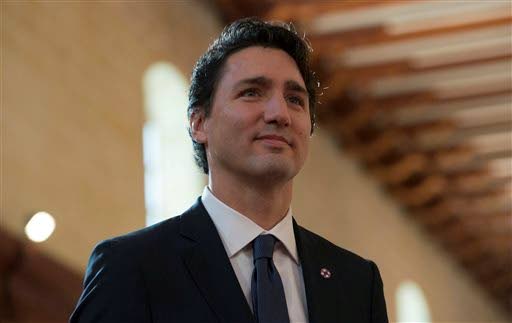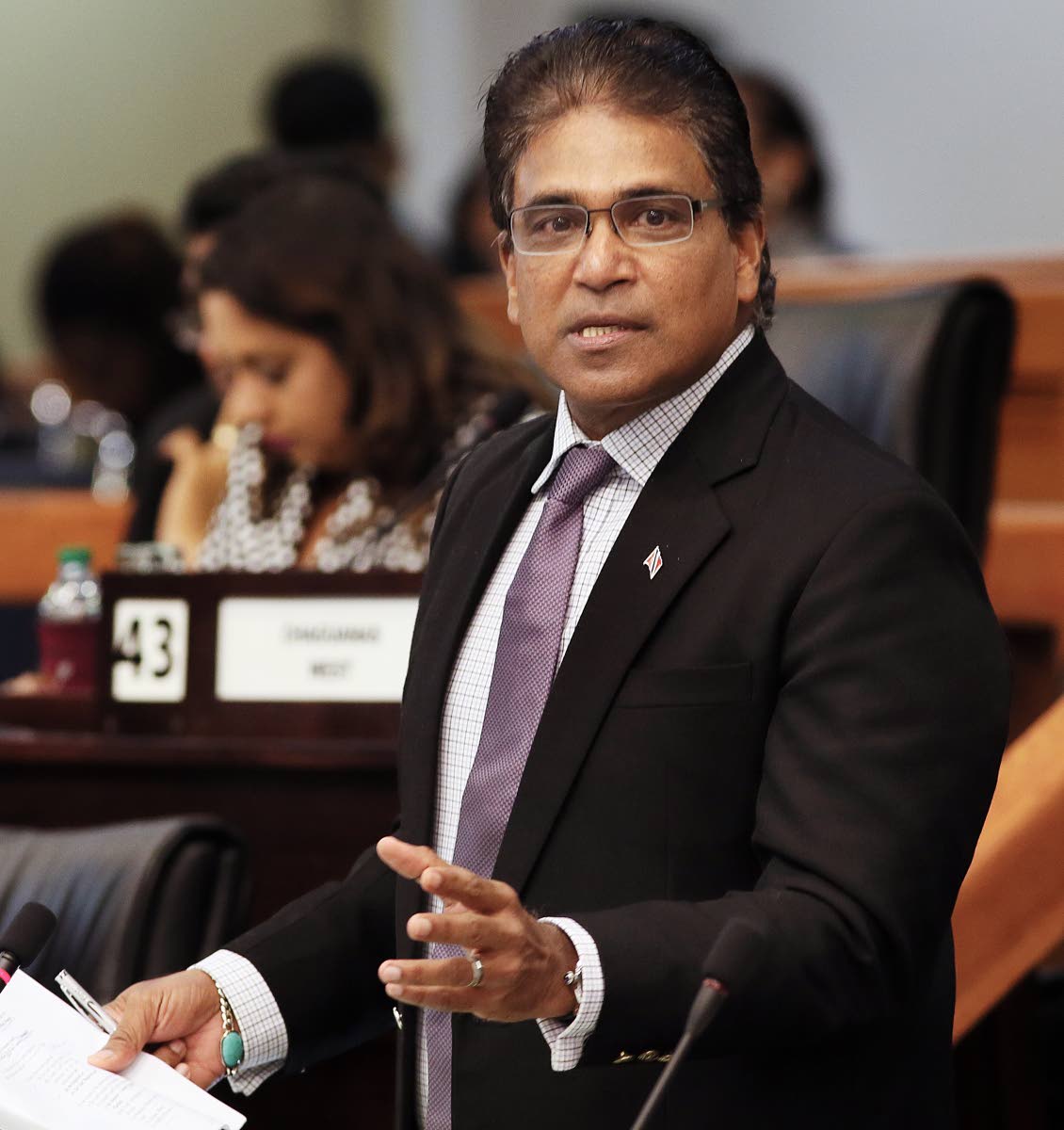TT dodges Canada’s SNC-Lavalin scandal

The UNC is “vindicated in its decision” to cancel its arrangement with Canadian construction company SNC-Lavalin to construct the proposed Penal Hospital, now that an unfurling bribery and fraud scandal between the company and Libyan officials threatens to destabilised the Canadian government and cost Prime Minister Justin Trudeau the upcoming general elections.
Six years ago, the People’s Partnership and SNC-Lavalin had come to an agreement for the construction of the billion-dollar Penal Hospital, facilitated by the Canadian government through its agency, the Canadian Commercial Corporation (CCC). SNC was the CCC’s preferred contractor, and the government agreed. Until Canadian news outlets began reporting about SNC’s more questionable business practices, including bribery. The World Bank had even banned the company for ten years for bidding on its projects because of “corrupt practices.”
“When it came to our attention that the company had challenges we immediately took steps to terminate the arrangement,” former housing minister Dr Roodal Moonilal told Newsday.
The arrangement still caused a public furore, including a debate in Parliament, following which the government terminated any deal, which, it insisted, was before any contract had been signed.
“It was a bitter pill for the Canadian authorities to swallow (when we told them) but we stood firm that we did not want to enter into a relationship with the company,” he said. “We are vindicated because looks like (this scandal) might even remove Mr Trudeau from office,” he said. The company had, however, been granted a US$2.2 million design contract. The Canadian government had also then vouched for the company’s ability, saying it met its standards for corporate governance and ethics. That’s not the only dealing the company had in TT. In 2009, it had been retained as project managers for the failed Ultra-Low Sulphur Diesel (ULSD) project. In 2017, Finance Minister Colm Imbert said he would look into why the company had been retained, especially since he was the one who had raised the initial corruption concerns in Parliament. As of 2016, the contract was estimated to be over US$23 million. Newsday tried to ascertain the current status of this arrangement, especially given Petrotrin’s restructuring but Imbert did not immediately respond to a request for clarification, nor did the Ministry of Energy.
Among the allegations against SNC-Lavalin – and the one that could possibly cost Trudeau his political career – is a claim that the company paid CA$47.7 million in bribes to Libyan officials to win contracts, defrauding the Libyan government of CA$129.8 million, and Canadian police had charged the company for such four years ago.
A report in Canada’s Globe and Mail newspaper last month, said Trudeau had tried to pressure his former Justice Minister and Attorney General, Jody Wilson-Raybould, to convince prosecutors to drop the criminal charges and instead use a recently enacted change in the Criminal Code that would allow the company to escape criminal charges, which would bar it from bidding for government contracts, pay a fine, admit guilt and wash its hands of the scandal so it could start anew.
Trudeau has denied pressuring Wilson-Raybould but Canada’s Parliament has launched an inquiry into the allegations, while others are calling for a public inquiry. Wilson-Raybould, who had been moved from Justice to Veterans’ Affairs in January, resigned abruptly in February. Shortly after her testimony to the Parliament, her colleague, Jane Philpott, who ran the Treasury Board, also resigned.
The timing couldn’t be worse for the Trudeau-led government, which is up for re-election as Canada goes to the polls in the fall.
Newsday tried to contact the Canadian High Commission in TT for a comment on if the fallout from this could affect TT and any future infrastructure projects with the CCC, but did not get a response.



Comments
"TT dodges Canada’s SNC-Lavalin scandal"